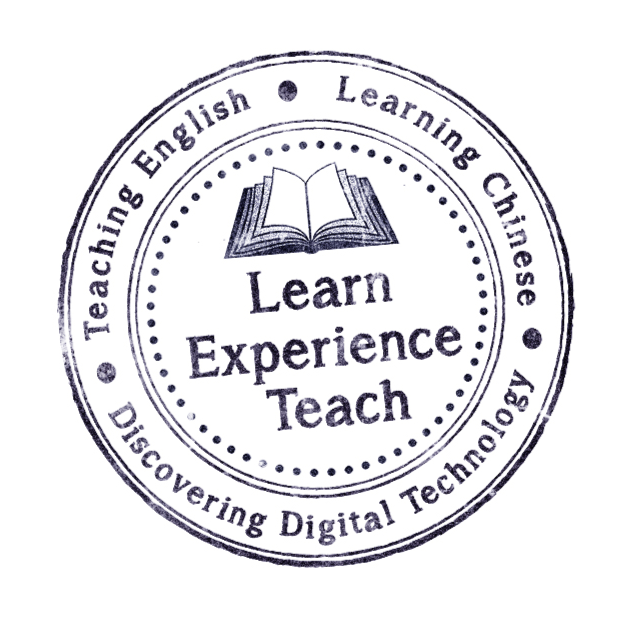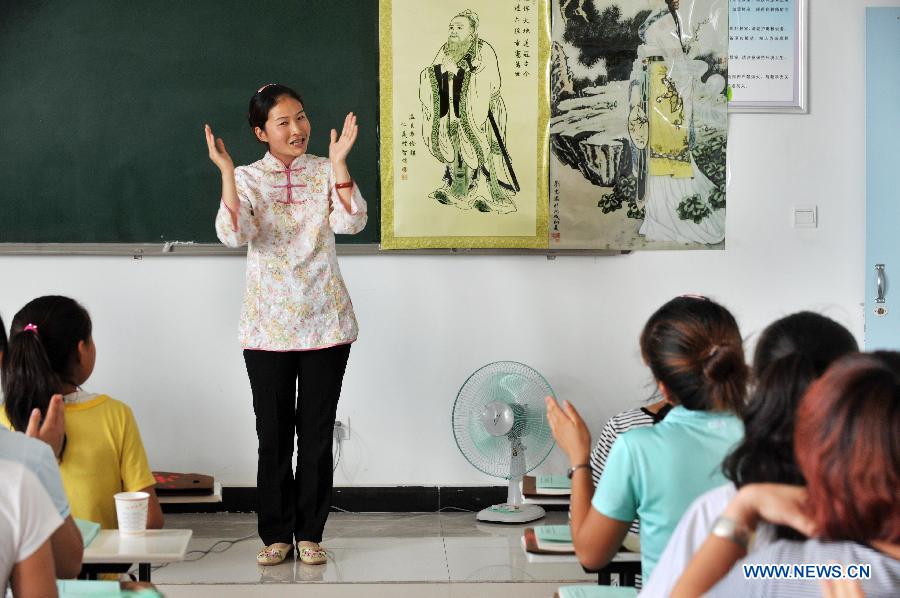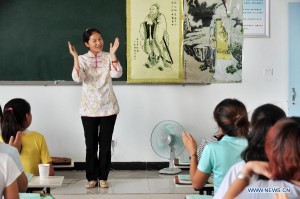What do the Chinese Parents Think?
Continuing my research into facilitating parental involvement, I wanted to think more about my role as a teacher from a cultural perspective. For my current SLA project, I am thinking of ways for parents to get more involved in their children’s learning. However, upon deeper reflection, it may be, that the parents a) feel they are already very involved and/or b) may perceive my attempt to facilitate parental involvement as one of shirking my teacher responsibility.
The Role of the Teacher in China
According to Confucius, Chinese teachers should play a ‘cultivating’ role in the lives of their students, offering, ‘moral guidance’ as well as imparting knowledge (Rao & Chan, 2009). Reflecting on my own actions as a teacher here in China, I feel that, I often talk about the real happenings in my life, give personal examples and try to be open. This is in the hope that my students will eventually feel comfortable enough to do the same themselves. And it is in this desire to communicate their ideas, that their ability to communicate in another language should increase. However, I do not feel it my responsibility to “help the students find the ‘right’ path to adulthood” (Rao & Chan, 2009). I do not feel it is my role to direct them in a certain direction, merely show them that there are a number of different possibilities. It is here, then, that we see the conflict of ideals between that of the teacher and that of the learner.
According to a survey of Chinese university about the qualities of good teacher carried out in 1996, Cortazzi & Jin discovered evidence of the conflict I mention above: the first quality is knowledge, followed by personal qualities and attitudes (Starr, 2012). Using effective teaching methods and explaining things clearly – what I consider to be my strong points! – were ranked nine out of eleven, and eleven, respectively. “In this situation Western teachers often find themselves playing to their weaknesses. Their pedagogical skills are not appreciated, they are unwilling, or unable, to play the in loco parentis moral example and mentor role Chinese teachers are happy to adopt, they are not keen to answer questions and give guidance out of class, and their knowledge of the rules of English grammar is often inferior to that of their Chinese colleagues” What a fascinating insight into my own teaching! And as a native speaker of English who did not ‘learn’ English, the final comment hits close to home. Upon reflection, however, I do often cite what I regard as my most successful classes, as those ones that are “in harmony”. Classes that are a mix of ‘western’ and Chinese ideals – discipline, structure, a focus on knowledge and rules, but with communicative elements that seek to link the student’s lives inside and outside of the classroom.
Rao & Chan (2009) claim that “Chinese teachers fuse traditional beliefs with western practice when adopting changes to their classroom pedagogy.” Perhaps this bodes well for me, as I consider a various number of tools to facilitate my classroom practice by involving parents more in the language learning journey of their children. Indeed, the paper ends on a high note, hinting at a blending of western and eastern ideals, suggesting my future proposals may have a chance: “Perhaps there will be an amalgamation of practice, embracing western concepts and Chinese beliefs about teaching and learning.” As for me, I certainly believe that acknowledging and blending different learning and teaching methods can only enhance my teaching practice.
References
Rao & Chan (2009), Understanding the Chinese Learner and Teacher Today, The Hong Kong Federation of Youth Groups
Starr (2012) China and the Confucian Education Model, Teaching and Learning Position Paper, Universitas 21


